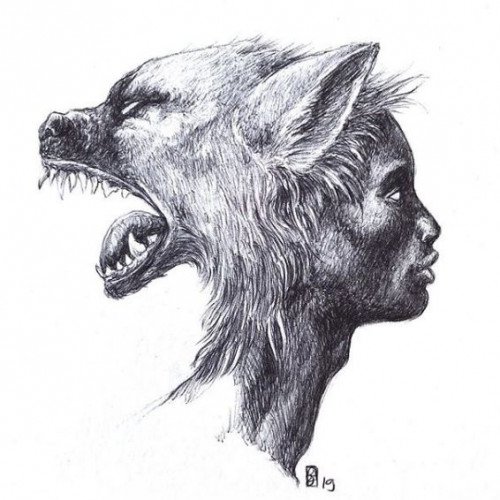Hudhud (mythology) VS Kishi (folklore)

Hudhud (mythology)
Hudhud (English: Hoopoe, Arabic: الهدهد, Turkish: Ibibik, Persian: هدهد, Urdu: ہوپو / ہد ہد) was, according to the Quran, the messenger and envoy of the prophet Sulayman. It refers to the sagacious birds in Islamic mythology, also referred to in The Conference of the Birds, a Persian poem by Attar of Nishapur as the "king of birds". The bird appears twice in the 27th chapter of An-Naml. Hudhud, as described by the Quran played an important role between Sulayman and Queen of Sheba while carrying messages between the two.The word "birds" appears thirteen times in the central religious text of the Muslims, while the word "bird" appears five times, including the Hoopoe twice, which in Islamic belief is often recognized as a creature for communication activities.
Statistics for this Xoptio

Kishi (folklore)
The kishi is a two-faced demon in Angola. According to legend, a kishi has an attractive human man's face on the front of its body and a hyena's face on the back. Kishi are said to use their human face as well as smooth talk and other charms to attract young women, who they then eat with the hyena face. The hyena face is said to have long sharp teeth and jaws so strong they cannot be pulled off anything it bites. The word kishi, nkishi, or mukisi means "spirit" in several Bantu languages spoken in Zaire, northern Zambia, and Angola.